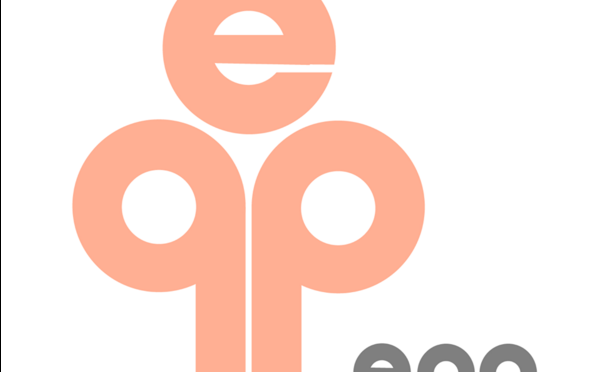Nichi Hodgson is a journalist and founder of the Ethical Porn Partnership. Here, she outlines her goals in launching the EPP and appeals for volunteers to help her take the project forward.
The Ethical Porn Partnership is a collective of conscientious pornographers, performers and viewers who want porn made to a certain ethical code. The EPP wants to start a progressive conversation about how we reshape the industry into one that reveres healthy bodies and minds, while prioritising free sexual expression. The EPP also wants to ensure consumer confidence in a product that is so readily available yet little understood.
The project takes its inspiration, in part, from the Fairtrade movement. While there are obviously many brilliant companies working to a responsible business model, there’s no one, single industry-wide standard being practised by them. This makes it confusing for performers to know what’s expected of them from set to set. It dilutes the concept of ethical porn. And for the viewer, it makes the idea of picking porn clips ‘responsibly’ seem like an impossible – and futile – task.
Of course, there are already rules about age verification and health testing. But the viewers have no idea about what these are. We want the EPP site to feature information about these, and the other values of our proposed code which include transparency around pay rates, clear and accurate labelling of the content, and consensual and explicit conversation about what acts are to be performed before the cameras start rolling. At the moment, we are fine-tuning the code, available by email from [email protected], and invite anyone in the industry with opinions on it to feed back to us. The agreed code will then be displayed on our website, and we can start creating the actual ‘stamp’. We also intend in having a Board of Expert Directors who will help to steer the project.
This partnership project certainly isn’t about teaching the industry to suck their Tenga eggs. Rather, it’s about highlighting the good practice already going on within the industry, about making that explicit to an increasingly anxious viewership, and about showcasing those who strive to make high quality, innovative content that prioritises its performers’ pleasure and comfort. Women are porn’s future viewers but many of them still need convincing that the females they see on-screen really are enjoying themselves in a consensual, body and mind safe way. EPP provides the perfect opportunity for the adult industry to reassure its new and potential female consumers that this is the case.
As well as the code and stamp, the EPP site aims to contain behind the scenes videos, explanations, debriefs, and revelations; a blog on which to share ideas about what makes for great porn, and an open debate forum where viewers can ask questions about how what they love to watch is made. EPP also aims to raise money for anti-sexual violence initiatives and better sex education.
As such, we’re looking for more volunteers to help us build out our site – and our dream. So whether you have social media skills, web editing, writing, or canvassing ability, we’d love to hear from you. If you have plentiful industry experience, business experience, medical insight or some other professional experience that would like to bring to our board, please get in touch. Visit www.ethicalpornorg for more information or email [email protected]
